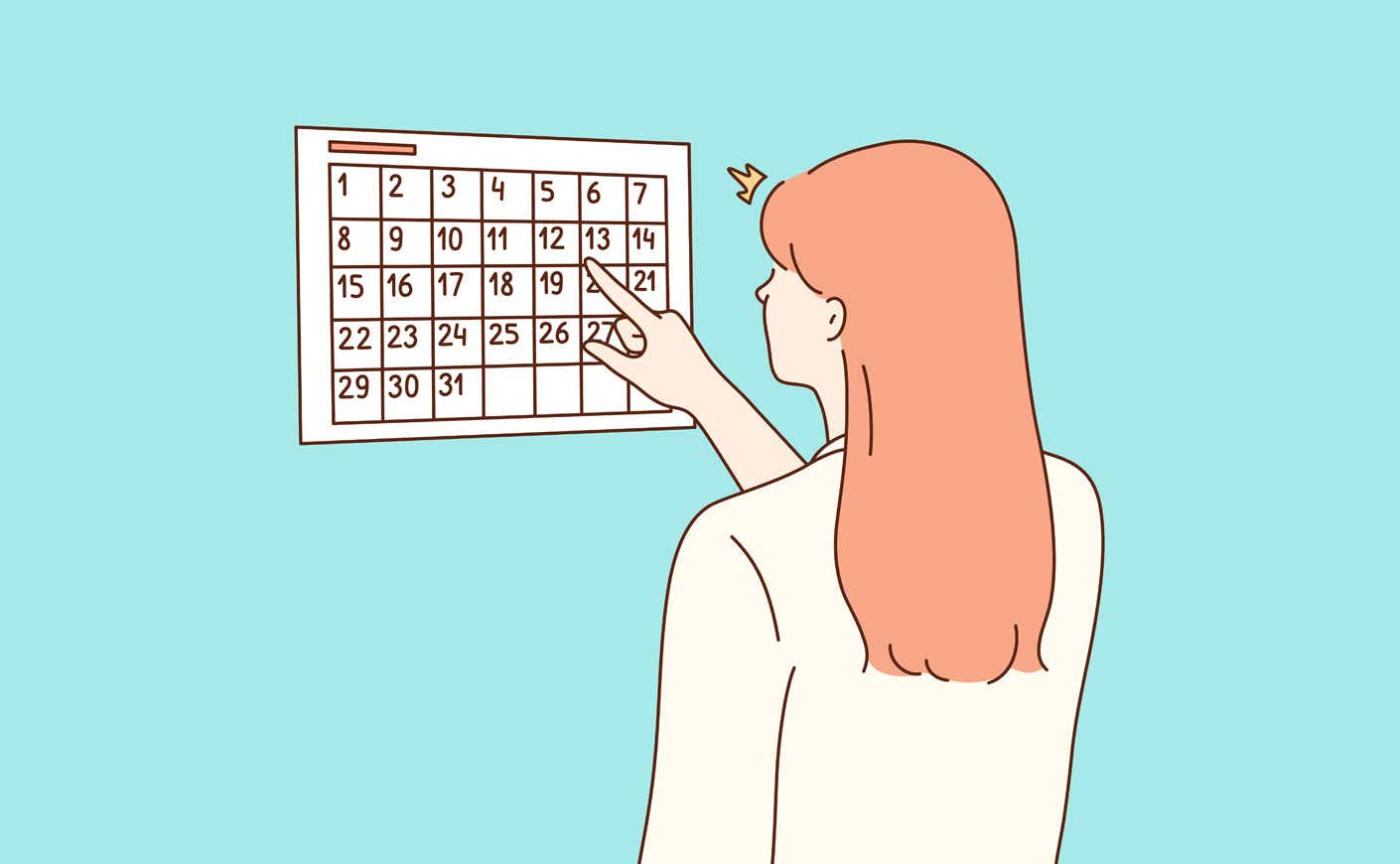Last spring, after getting a double dose of Pfizer’s Covid-19 vaccine, I had some of the common post-vax symptoms — fatigue, a sore arm, and some achiness. But I noticed something else, too. I usually menstruate with stunning regularity, like clockwork every 28 days, but after receiving the vaccine, my periods seemed suddenly much heavier and less routine.
I compared notes with friends and it seemed like I wasn’t the only one experiencing this. While many medical experts initially brushed it aside, some scientists did take notice. In April 2021, researchers at the University of Illinois at Urbana-Champaign and Washington University School of Medicine in St. Louis circulated an online survey about post-vaccination menstrual symptoms and received more than 39,000 responses from people all over the globe.
Last week, they published some of their findings in the largest study on the issue to date. They found that 42 percent of survey participants with regular menstrual cycles reported heavier bleeding after getting vaxxed, while 14 percent reported lighter bleeding. Many women who don’t typically get their periods experienced breakthrough bleeding (71 percent of people on birth control, 39 percent of those on gender-confirming hormones, and 66 percent of post-menopausal women.)
The researchers also pinpointed groups most likely to witness a change in their periods. For instance, older women, those on hormonal contraception or who had been pregnant in the past, or who had reproductive conditions like endometriosis or polycystic ovarian syndrome were more likely to have a heavier flow — as were Hispanic or Latino respondents. Additionally, postmenopausal women, around age 60, were more prone to breakout bleeding than older study participants.
An earlier study, published in January, also found cases of breakthrough bleeding, along with instances of people reporting that their periods were delayed by a day or two after receiving the vaccine. Those changes seemed to be temporary.
“Not knowing this was going to happen, not knowing the mechanism by which it happens, and not being prepared for it to happen meant it was an unnecessarily scary experience for many people,” Katharine Lee, Ph.D., a postdoctoral fellow at Washington University School of Medicine in St. Louis and a lead investigator on this latest study, told Inverse.
Dr. Lee, who began studying menstruation changes after having her own “wonky period,” says she hopes creating more transparency around the possible side effects associated with the Covid-19 vaccines will encourage more people to get the shot. Experts have long established that the vaccines are completely safe and there’s plenty of evidence that it doesn’t impact fertility.
Shifts in the menstrual cycle are common and can be triggered by a number of things, from stress, intense exercise, disease, and fluctuations in weight.
One theory scientists have honed in on is that the jolt to the immune system triggered by the Covid-19 vaccines has an effect on the endometrium. (The endometrium is what’s shed during menstruation and is thought to be linked to the immune system.) That might be disrupting period cycles, Alison Edelman, Ph.D., a professor of obstetrics and gynecology at Oregon Health & Science University, tells the New York Times.









